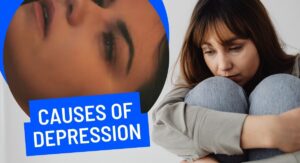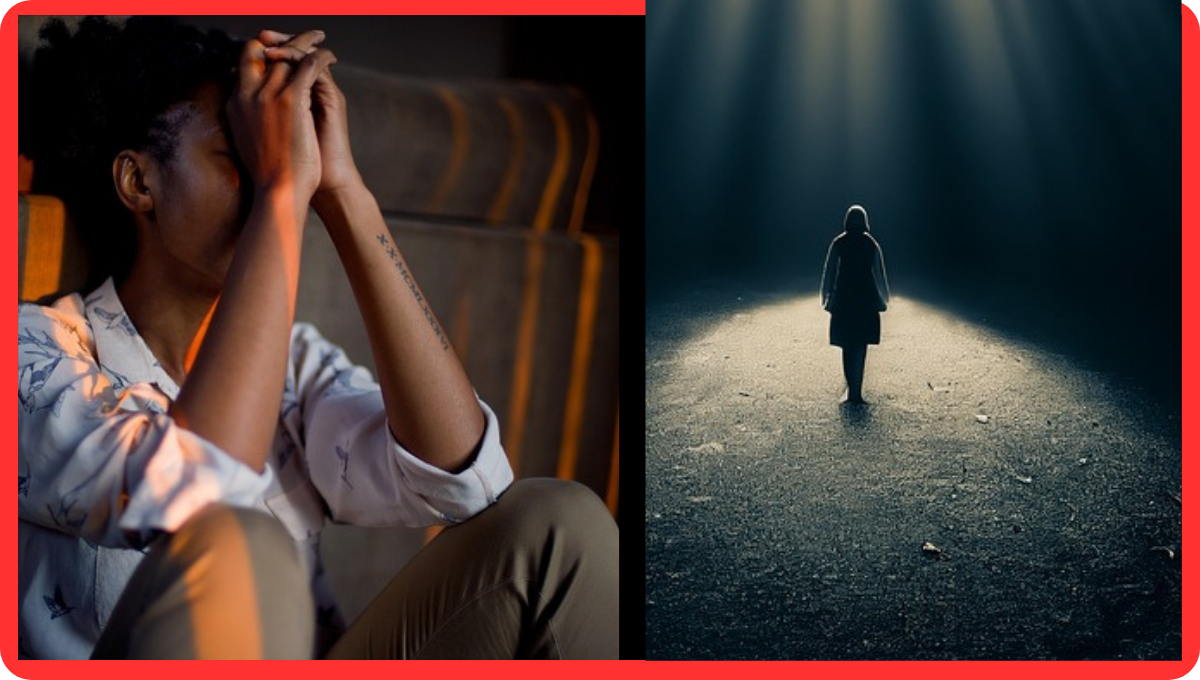How does nightlight cause depression?
For ages, humans jumped up their beds when the sun rose and slept when the sun sets. However, the moment the light bulb was invented, the night became day with just a simple flick of a switch. With this, humans were given the chance to work or stay up late at night.
Beyond our knowledge, the modern practices that we have today may cause us trouble, according to a recent study done in mice by a biologist at Johns Hopkins.
The study found that when people stay up late at night, they are at an increased risk of suffering from depression as well as some learning issues.
The reason behind the mentioned problems is not only because of a lack of sleep but also because of the exposure to bright lights at night produced by lamps, computers, and iPads, to name a few.
Samer Hattar said that when someone is extremely exposed to bright lights like those in their living room and workplace at night when working the night shift, they are at a higher risk of an elevated stress hormone in the body that could result in dpression and lower cognitive function.
nightlight cause
Samer Hattar is a professor of biology at Johns Hopkins University’s Krieger School of Arts and Sciences.
Depressio Tests on Mice The study is published on November 14, 2012, in the advance online publication of Nature. The study done on mice made the researchers realize the way the special cells in the eye are activated when the eyes are exposed to bright and this affects the brain’s mood, memory, and learning center.
The said special cells are called intrinsically photosensitive retinal ganglion cells, also known as ipRCGs.
If you wonder why studies are done on mice, it is because mice and humans are closely similar in many ways and the presence of ipRGCs is just one of those similarities, Hattar said.
nightlight cause depression? Cause Depression
Scientists also know that people develop seasonal affective disorder, a form of depression, during winter because, in the winter season, days are shorter.
On the other hand, people with this kind of mood disorder will benefit from light therapy and regular exposure to bright light.
Tara LeGates and Car Altimus, both graduating students, led the team of Hattar that did the study.
They expose mice in a cycle of 3.5 hours of light and another 3.5 hours of darkness. Precious studies using the same process did not report disturbed sleep among mice but Harrat’s team found out that the animals develop depressed behavior.
The team observed that mice with increased depression-like behavior showed a lack of interest in sugar and moved around less than those mice that were exposed to regular light and darkness.
Read……
In addition, animals under irregular light and darkness exposure have increased levels of cortisol. Cortisol is the stress hormone that contributes to learning issues.

With the result of the study, Hattar reminds people to be wary about their exposure to bright lights at night because doing so regularly might have some negative effects on their mood. This study proves that nightlight causes depressio.n.
So, Keep your nightlight safe and cool. Otherwise, it will be harmful to your health.
Most people don’t know which is bad for us. I did not know that nightlight causes depression but when I knew it I thought I should share it with my readers. So keep learning with the janabujha.com family. Yes, of course, you should be conscious about using a nightlight that is always bright in your room.
